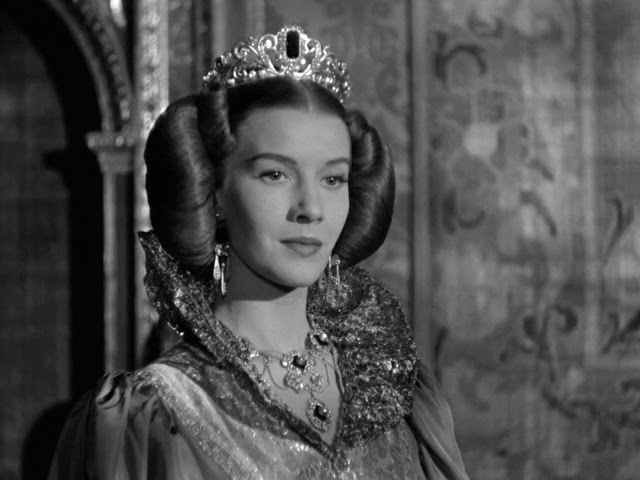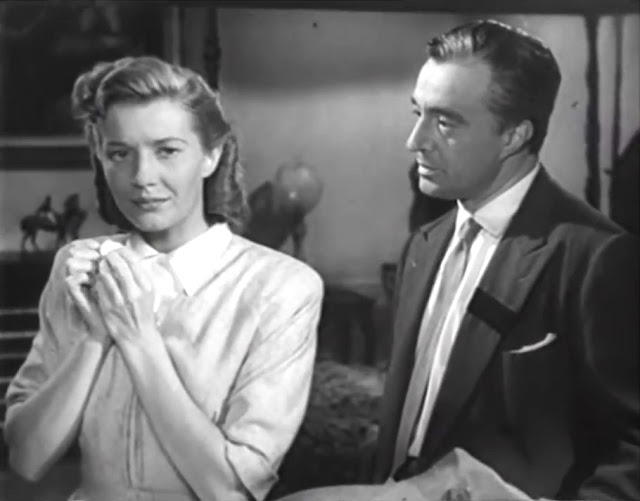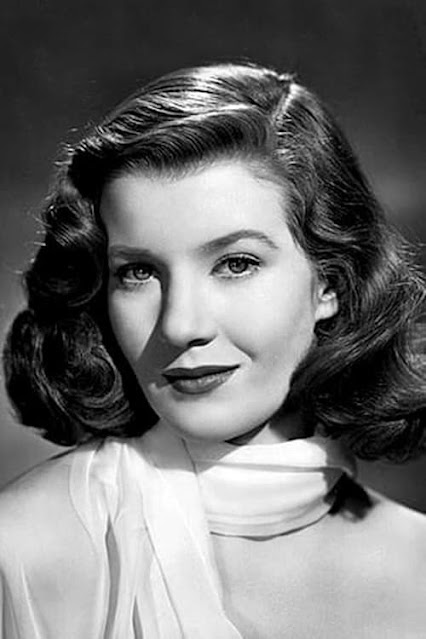People you didn't know dubbed: Lois Maxwell
Throughout the glory years of the Italian film industry, many an English or American actor in Rome found themselves earning a bit of extra cash by doing dubbing work. Even a famous actor like Orson Welles took occasional dubbing jobs in Rome (and elsewhere) to earn some money for his own film projects.
Another well-known name that once used to work in the dubbing salas of Rome was Lois Maxwell (1927-2007), the Canadian-born actress renowned for having played the role of Miss Moneypenny in the first fourteen James Bond films, starting with Dr. No (1962) and ending with A View to a Kill (1985). The role of Moneypenny was always a small one, but the flirtatious interactions between her and Bond, and their often outrageous sexual double entendres were big favorites with the movie-goers, and has ensured Maxwell her rightful place in movie history.
 |
| Lois Maxwell in her signature role as Miss Moneypenny. Here with Sean Connery in From Russia with Love (1963). |
Far less attention has been paid to Maxwell’s career pre-James Bond, but she actually started out in Hollywood, where she won the Golden Glode Award for Most Promising Newcomer for her role in the Shirley Temple drama That Hagen Girl (1947). Her subsequent roles were small and unsatisfactory, however, prompting Maxwell to try her fortunes in Europe instead. From 1950 to 1955, she lived in Rome, where she appeared in a number of Italian films that are mostly forgotten today.
 |
| Lois Maxwell as Queen Christina of Sweden in Love and Poison (1950), her first Italian film. |
 |
| With Vittorio De Sica in Tomorrow Is Too Late (1950), winner of the Best Italian Film prize at the Venice Film Festival. |
 |
| In the operatic drama Aida (1953). |
 |
| Italian fotobusta for the action film Submarine Attack (1954). |
“It takes a keen sense of rhythm to synchronize your voice with the lip movements of a film player,” said honey-haired Lois Maxwell, of Toronto, Canada, whose voice is used in some films. “You look at the screen with one eye while the other eye scans the script. Then, you must worry not to stand too close to the microphone.”
Miss Maxwell said that a dubber also must remember to recite the lines “in such a manner as to match the facial expression of the person on the screen.”
“Sometimes, you don’t know what [sic] the actress is laughing or shouting because we are dubbing in piecemeal fashion and without regard to story continuity.”

Lois Maxwell at work in the dubbing studio. From the article in Albuquerque Journal.
Unfortunately, the large unavailability of English dubs for Italian films of the 1950s means there is currently little chance of trying to identify any of the roles dubbed by Maxwell during her time in Rome. Hopefully, that will change at some point. In the meantime, I would recommend fans of Lois Maxwell to try to seek out some of the films from her Italian period as she is prominently featured in all of them and gives some very good performances.
 |
| Tomorrow Is Too Late (1950). |
 |
| Love and Poison (1950). |
© 2023 Johan Melle




Comments
Post a Comment